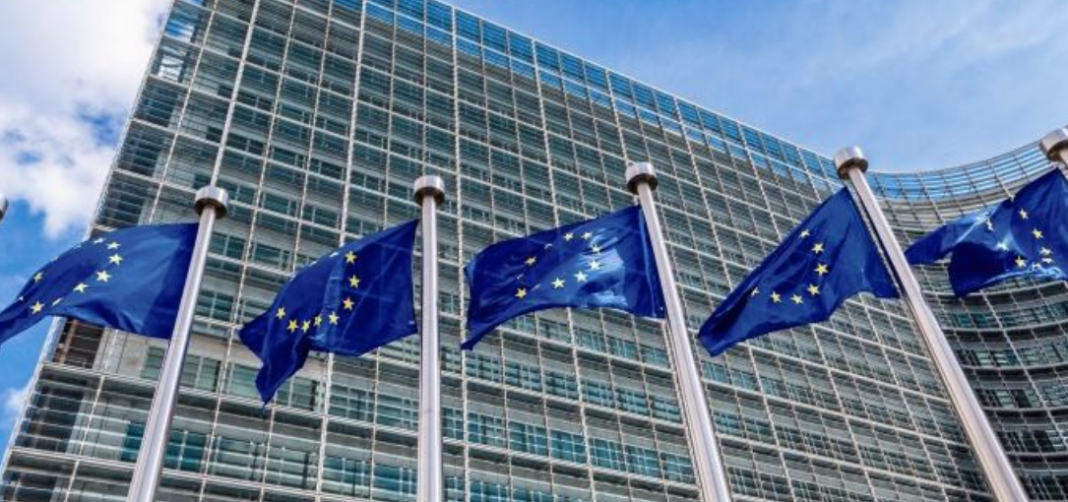Payment Expert caught up with BlueSnap’s Chairman for Ireland, Eugene McCague, as the firm expanded its European footprint with a new Dublin office, as well as how the pandemic has impacted the role of fintech in the global payments space.
Can you tell us more about BlueSnap and the firm’s offering?
At BlueSnap, our mission is to help businesses increase revenue and decrease costs. Our All-In-One solution is the market’s only truly global payment platform, which supports integrated payments and multiple sales channels (Online & Mobile Checkout, Invoice Payments, Subscriptions, Marketplaces and Manual orders).
This gives businesses a single connection to multiple global acquiring banks to achieve more sales with higher conversions – while eliminating cross-border fees. Merchants and ISVs (Integrated Software Vendors) can sell anywhere in the world with just one contract, one integration, one unified account, and receive one payout. The BlueSnap All-In-One Payment Platform is used all over the world, by both B2B and B2C merchants.
Are you able to tell us more about what prompted the move to Dublin?
We wanted to support our EU customers and ensure there was no disruption in services due to Brexit. So, we decided to expand our global operations by opening an office in Ireland. Dublin was chosen to serve as the location for our new European headquarters because of its reputation as a global hub of fintech excellence, home to leading start-up accelerator programmes and technological innovation.
What can the British government do in order to secure London’s future as a fintech leader?
The UK has and always will be an important global fintech hub. Its future success, like other leading innovation centres, will rely on close collaboration between government, fintechs, the regulators and wider payments industry to create an environment that continues to encourage entrepreneurship while protecting the interests of consumers.
Has the pandemic and the economic recovery from the pandemic underlined the importance of the fintech sector?
Yes – definitely. The fintech sector that BlueSnap operates in – specifically payments – has grown exponentially. Global commerce is a top priority and it’s never been more important for businesses to accept payments digitally. So, it’s crucial that they offer contactless payment technologies and invest in digital automation to stay on top of invoices. Companies in the fintech sector are key when it comes to innovation, development and deployment.
What do you believe will be the key consumer trends in terms of payments as we recover from the pandemic?
‘Corona-free’, or touch-free, payments will be everywhere. Whether it’s contactless card acceptance using digital wallets, or through ‘pay at table’ and ‘click and collect’ apps, digital payments are here to stay.
As businesses expand their e-commerce presence, the need for local payment methods and local currency transactions will also increase. In the Netherlands, for example, most people shop online using iDeal – an e-commerce payment method that enables customers to pay through their local bank.
But one trend we need to be aware of with the rise in e-comm, is an increase in online fraud. We’ve seen reports of digital payments fraud increasing exponentially over the last year. Thankfully, the introduction of PSD2 and Secure Customer Authentication is helping to reduce this risk for customers, while businesses can take advantage of advances in fraud prevention technology to accept more legitimate payments and block fraudulent ones.




















